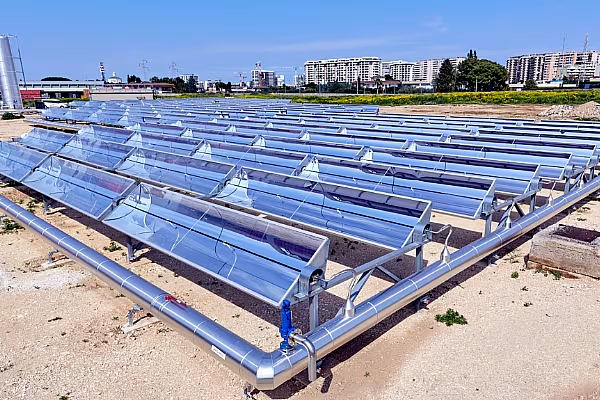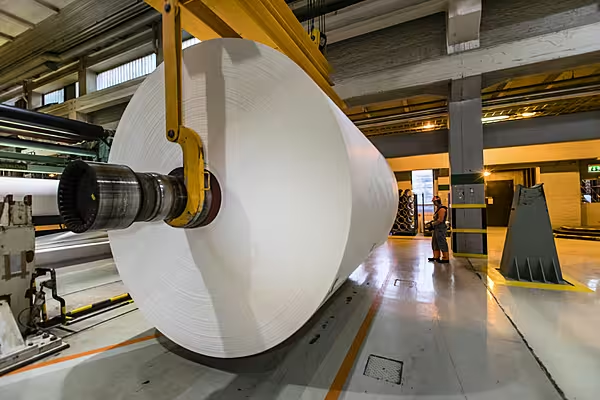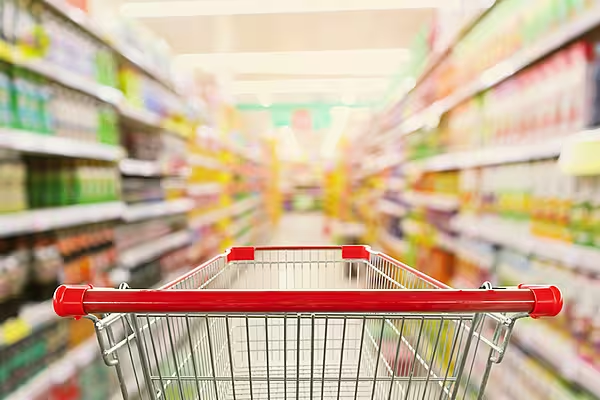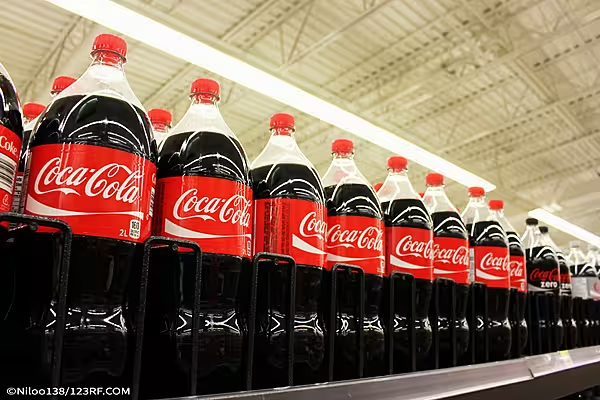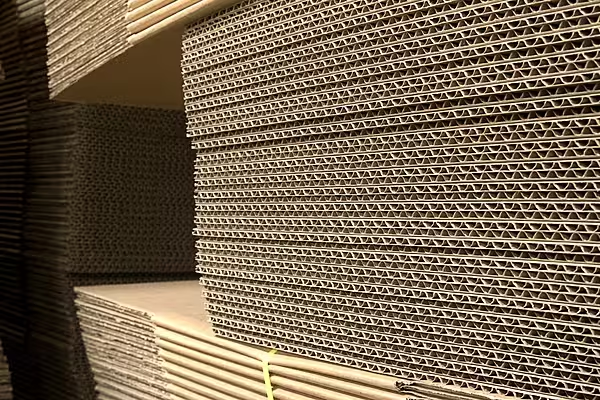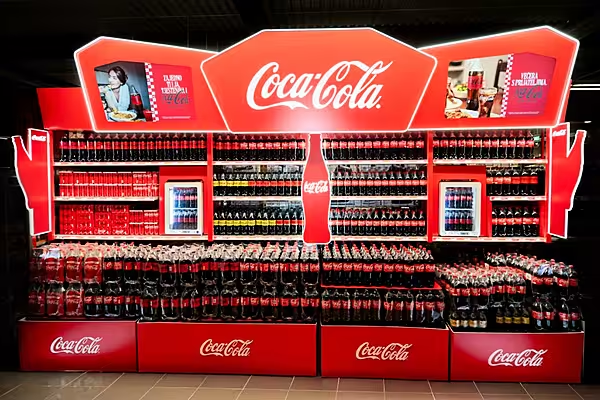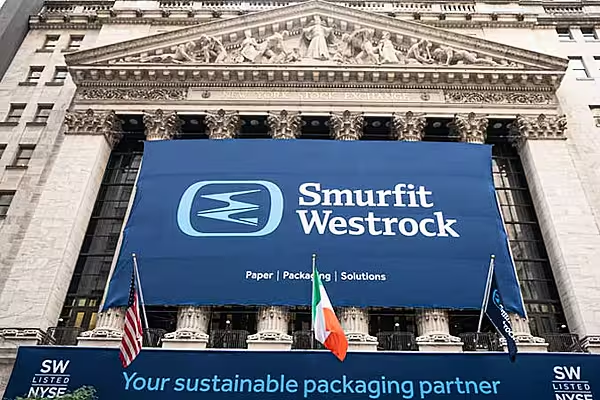Packaging firm Tetra Pak has announced plans to power its industrial equipment using renewable thermal energy, following the signing of a partnership with Absolicon, a Swedish solar company.
According to Tetra Pak, the agreement will see it adopt a scalable solar thermal module that can be integrated with current and new UHT lines, thereby enabling a range of decarbonisation options.
It added that its UHT processing line for high temperature sterilisation of dairy products is the 'first solution to be offered together with a scalable solar thermal supply', noting that this has the potential to reduce the use of fossil fuels by up to 40%.
The first module is set to be installed during 2024, ahead of a potential worldwide rollout.
'A Good Fit'
"We recently launched a new business solution called Factory Sustainable Solutions, where we help our customers optimise energy, water and CIP (Cleaning in Place) on a factory level," commented Nicole Uvenbeck, director, Factory Sustainable Solutions & OEM Components, Tetra Pak commented.
“Absolicon’s solar thermal solutions are a good fit with this new Tetra Pak offering, as well as supporting our wider Net Zero Roadmap, where we have committed to reducing our value chain emissions and scaling decarbonisation solutions for our suppliers, customers and own operations. The collaboration with Absolicon is a positive step in this direction, providing Tetra Pak with a new and exciting avenue to support customers to reduce their energy demands by replacing fossil-derived energy with solar thermal solutions.”
Pioneering Move
Elsewhere, Joakim Byström, chief executive of Absolicon, described Tetra Pak as "pioneers" due to the company's willingness to embrace sustainable thermal energy supplies.
"They have global access to the world’s food and beverage companies and can become a change driver for the sector’s transition from fossil fuels to renewable heat," he noted.
According to Tetra Pak, the agreement is seen as a practical step in supporting the company's goal of achieving net-zero Scope 3 emissions by 2050.
